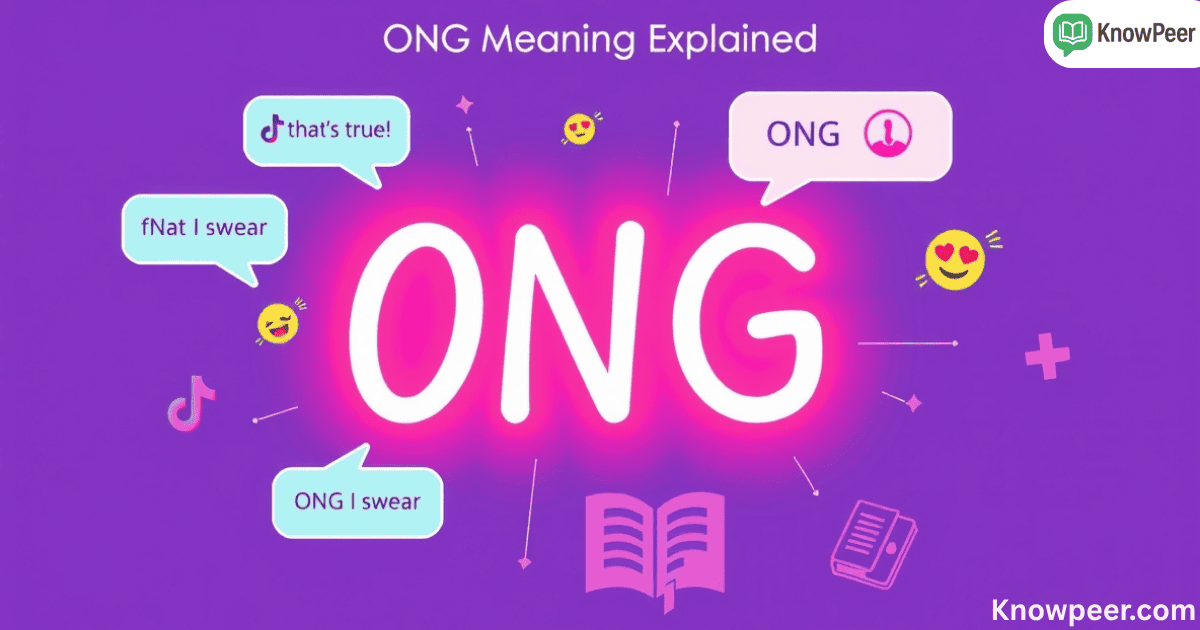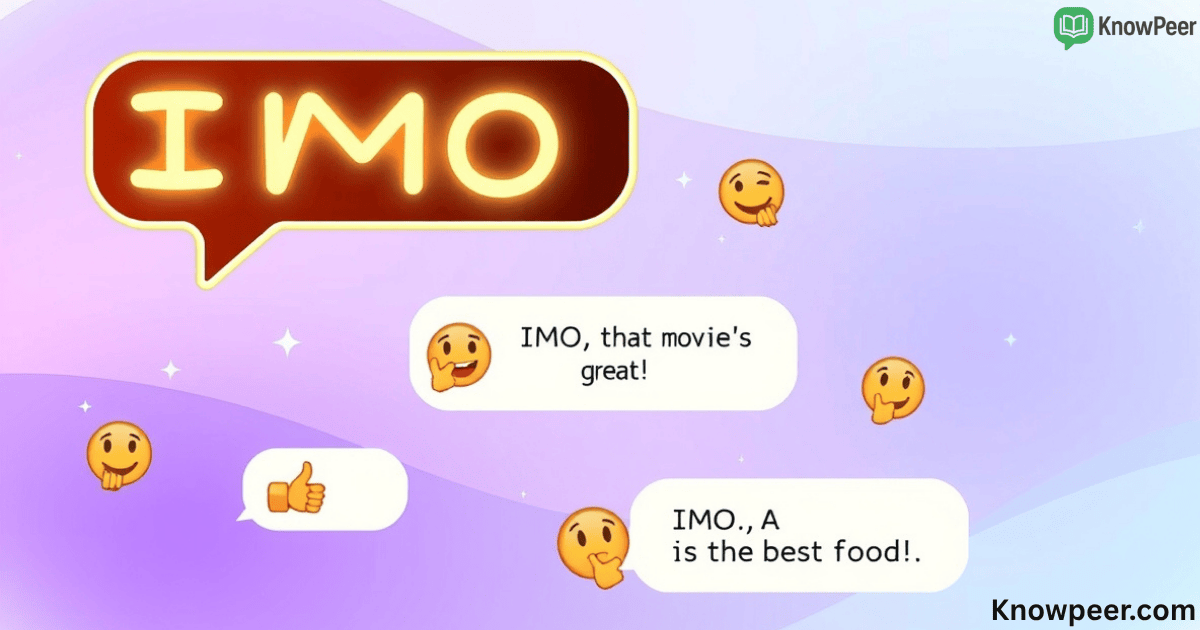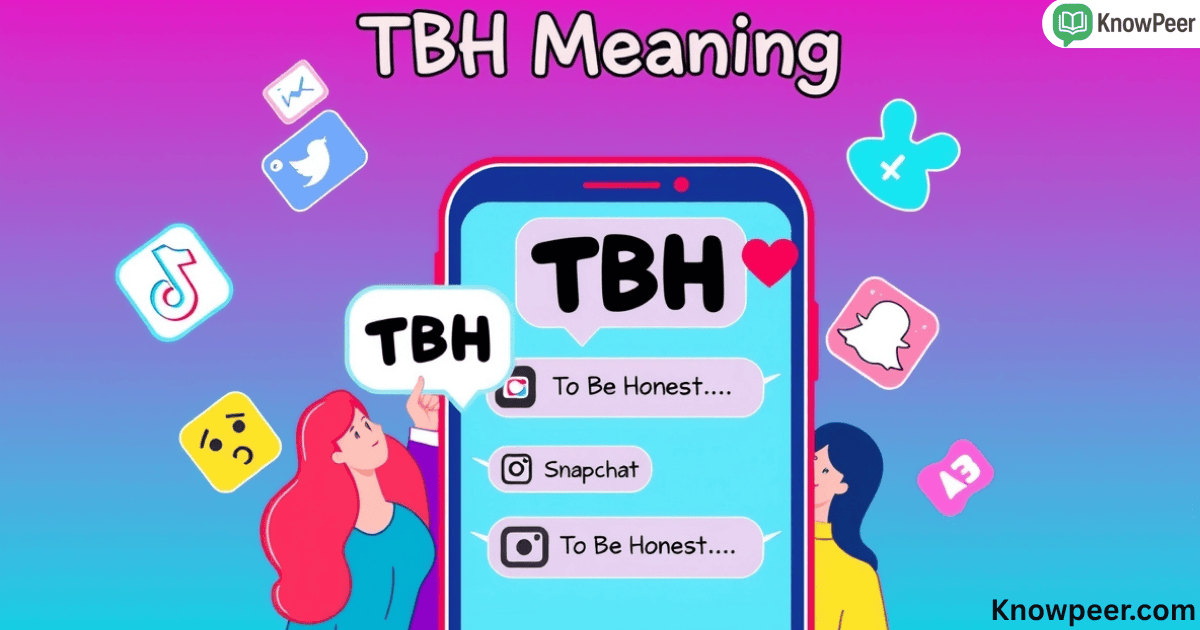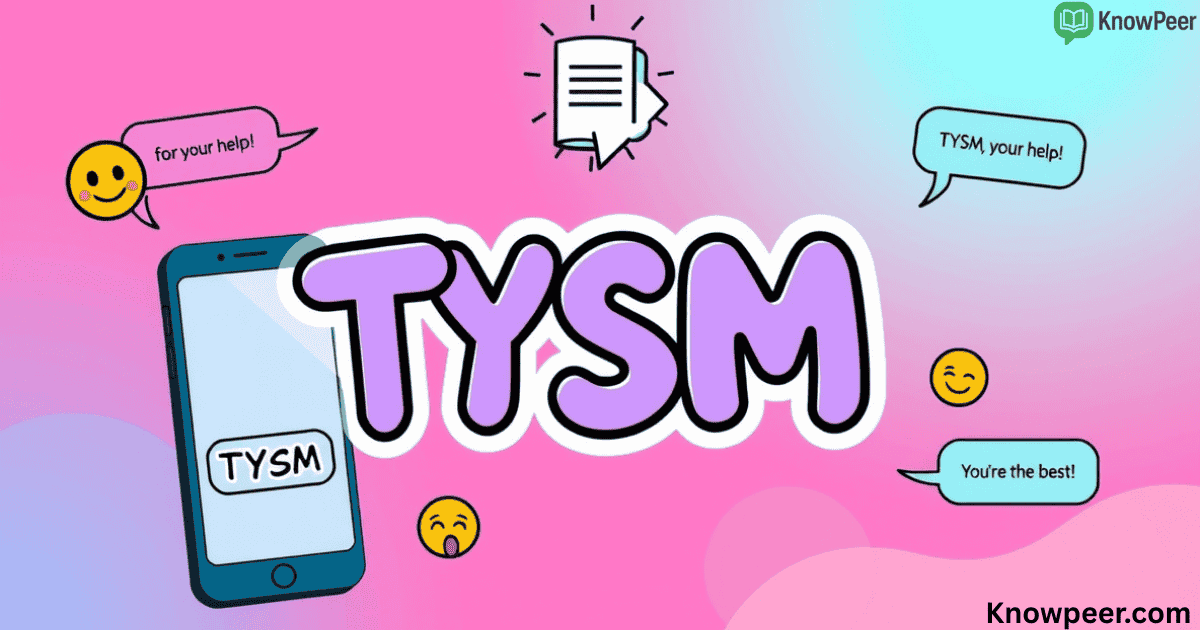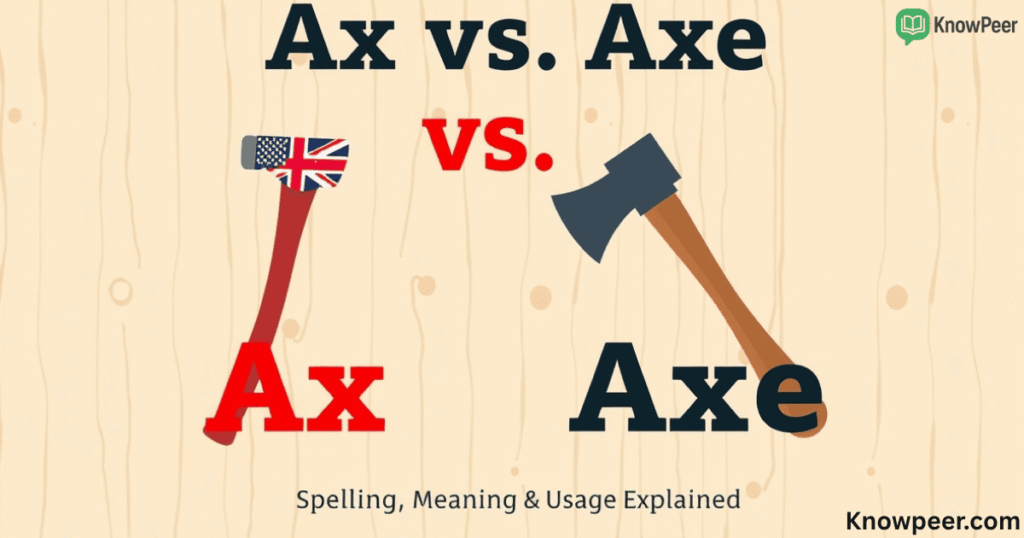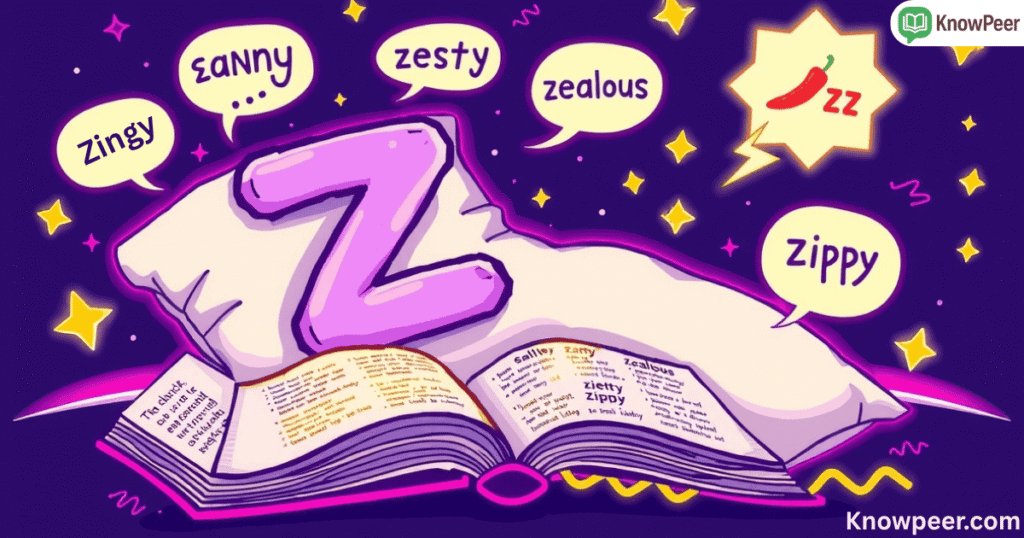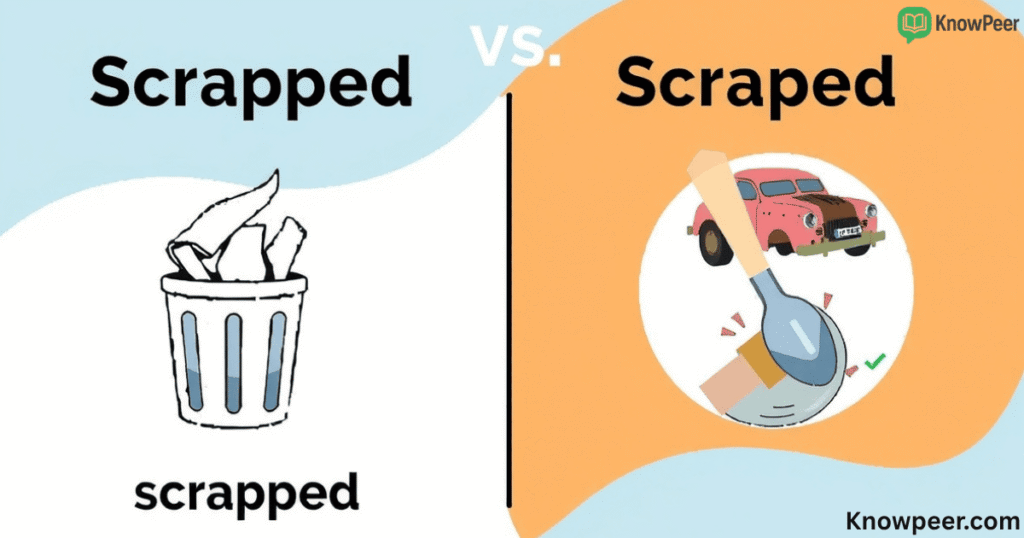Introduction
The phrase YOLO has become one of the most popular slang terms of modern times. You see it on social media captions, hear it in music lyrics, and even find it on memes and motivational posters. The YOLO meaning is simple yet powerful: You Only Live Once. At first glance, it looks like just another internet phrase, but if you dive deeper, you’ll see how this term shaped culture, lifestyle choices, and even decision-making for an entire generation.
This article explores the YOLO definition, its origin, its rise through pop culture, and how it became a global motto. You’ll also discover how YOLO usage has changed over time, how it compares with terms like FOMO and JOMO, and why it continues to influence conversations online and offline. By the end, you’ll understand that YOLO is not just a catchy phrase, but also a cultural symbol of risk-taking, freedom, and the desire to live life to the fullest.
What Does YOLO Mean?
The YOLO full form is You Only Live Once. At its core, it’s a reminder that life is short, and we should make the most of it. People often use the YOLO acronym when they’re about to take a risk, make a bold decision, or step outside their comfort zone. For example, someone might say, “I booked a last-minute trip to Italy—YOLO!” In this sense, the YOLO slang meaning encourages seizing the moment without fear of regret.
In daily conversations, what does YOLO mean exactly? It’s both a motto and an excuse. Some see it as motivation to live fully, while others use it to justify reckless decisions. The YOLO phrase has two sides: a positive push toward adventure, and a negative excuse for ignoring consequences. Both interpretations have shaped how people view the YOLO lifestyle and its role in everyday choices.
The Origin and History of YOLO

The YOLO origin can be traced back to the early 2000s, but the idea itself has existed for centuries. Ancient thinkers used similar ideas like carpe diem meaning (“seize the day”). The phrase “You only live once” appeared in literature and speeches long before it became a meme. However, the modern YOLO history points to one key figure: the rapper Drake. In 2011, he popularized the term in his hit song The Motto, singing, “You only live once, that’s the motto, YOLO.” That line transformed the phrase into a cultural phenomenon almost overnight.
After Drake’s influence, YOLO popularity exploded across Twitter, Instagram, and Facebook. Teens, millennials, and influencers used it in hashtags and captions to celebrate adventures, parties, and risky choices. The YOLO generation, especially Gen Z, adopted it as their digital motto. Even newspapers and brands began referencing YOLO culture to market products. This quick rise shows how internet slang can leap from a song lyric to global recognition in just a few years.
YOLO in Pop Culture and Daily Life
The spread of YOLO in pop culture is one of the reasons it became unforgettable. From movie scripts to comedy sketches, the YOLO phrase appeared everywhere. Memes with phrases like “Bought another pair of sneakers—YOLO” or “Skipped class—YOLO” showed both the funny and careless side of the term. The YOLO meme captions flooded Facebook and Instagram during the 2010s, and the trend hasn’t completely faded.
In daily routines, people often treat YOLO usage as a reason to try new food, travel to new places, or quit jobs for passion projects. After the pandemic, the so-called YOLO economy described workers leaving stable jobs to pursue meaningful work. This shows that the YOLO lifestyle choices can be more than just fun moments—they can also shape careers and relationships. Whether it’s YOLO in texting a friend or YOLO TikTok challenges online, the phrase remains deeply rooted in modern culture.
YOLO vs FOMO — What’s the Difference?
Both YOLO vs FOMO describe modern slang, but they represent very different mindsets. FOMO, or the Fear of Missing Out, focuses on anxiety about not joining activities others are enjoying. Meanwhile, YOLO emphasizes taking chances because life is short. For example, someone with FOMO might attend a party out of fear of being left out, while someone embracing YOLO might attend because they genuinely want the experience.
| Term | Meaning | Mindset | Example |
| YOLO | You Only Live Once | Risk-taking, adventurous | “I’ll skydive because YOLO.” |
| FOMO | Fear of Missing Out | Anxious, reactive | “I’ll go to the party because I don’t want to miss it.” |
| JOMO | Joy of Missing Out | Content, relaxed | “I’ll stay home with a book—I don’t need the party.” |
This table shows that YOLO vs JOMO and YOLO vs FOMO are part of a larger discussion about modern slang and how we deal with choices, risks, and lifestyle balance.
Is YOLO Just Slang or a Philosophy?
Some people dismiss YOLO slang meaning as silly internet chatter. Others see it as a genuine life philosophy. The positive side of YOLO culture reminds people to live life to the fullest. It connects with the carpe diem meaning, encouraging people to step out of routines and embrace new adventures. From learning new skills to chasing dreams, this mindset has empowered countless individuals.
On the other hand, critics argue that the YOLO mindset often encourages reckless behavior. The phrase has been linked to reckless decisions like drunk driving, overspending, or ignoring responsibilities. This YOLO negative meaning can overshadow its motivational purpose. Like any motto, its value depends on how people apply it in their YOLO daily life. Treating it as wisdom rather than an excuse can turn YOLO lifestyle into a balanced approach to both risk and responsibility.
How YOLO Is Viewed Today
The relevance of YOLO in social media has shifted with time. While the hashtag may not trend as much as in 2012, you still see it on YOLO TikTok videos, YOLO memes, and Instagram captions. The YOLO motto remains part of internet slang, showing that catchy acronyms rarely disappear completely. In fact, modern slang terms often recycle themselves with each generation, and YOLO popularity keeps returning in new forms.
Today, the YOLO philosophy has found a quieter but stronger presence. It connects with mindfulness and the idea of living in the moment. People share YOLO quotes like “Life is short, smile while you still have teeth” or “YOLO—make it worth it.” Whether it’s YOLO jokes and irony or genuine advice, the phrase still resonates with anyone trying to balance fun and responsibility.
Common Examples of YOLO in Texting and Online Chats
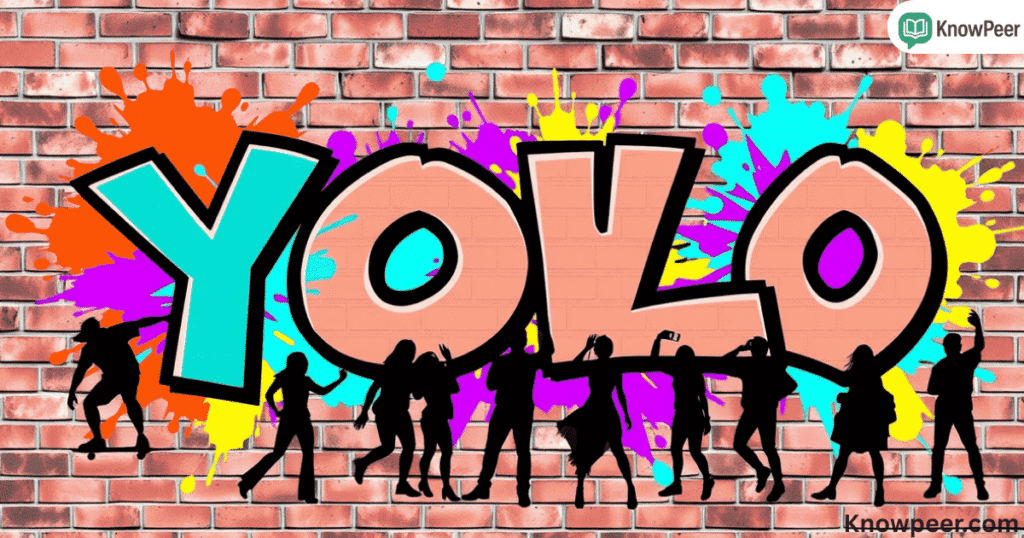
In casual chats, the YOLO acronym is often short and playful. Friends might text “Let’s try sushi tonight—YOLO!” or “Skip the meeting—YOLO.” On Instagram captions, you’ll see lines like “Bought tickets for Coachella—YOLO vibes.” These YOLO examples show how the phrase adapts to different contexts. It can mean excitement, recklessness, or simply freedom.
Even today, hashtags like #YOLOmemes and #YOLOlife attracts thousands of users. On TikTok, short videos use the phrase to highlight daring stunts or funny fails. From YOLO in daily life to online content, its flexibility ensures the word never truly fades from modern language.
FAQs
What does YOLO mean in texting? It means “You Only Live Once” and is used to justify quick or bold decisions.
Who first used YOLO? The phrase existed earlier, but rapper Drake made it famous in 2011 with his song The Motto.
Is YOLO positive or negative? It can be both. The YOLO positive meaning encourages enjoying life, while the YOLO negative meaning excuses careless actions.
Why did YOLO become popular? Social media, memes, and music made it spread globally.
Is YOLO still trending today? While less viral than before, it remains popular in memes, captions, and TikTok culture.
Conclusion
The phrase YOLO may sound simple, but its influence is powerful. From its origin and history to its spread through pop culture and social media slang, it has shaped how people see risk, fun, and opportunity. The YOLO meaning carries both humor and wisdom, depending on how it’s used. For some, it’s a quick excuse to skip work, while for others it’s a life motto pushing them toward dreams.
Whether through YOLO memes, YOLO quotes, or serious lifestyle choices, the phrase still holds weight in modern culture. Life is short, and that truth is universal. Perhaps that’s why YOLO philosophy remains relevant today: it’s a reminder that even in an age of distractions, you only live once—so make it count.


